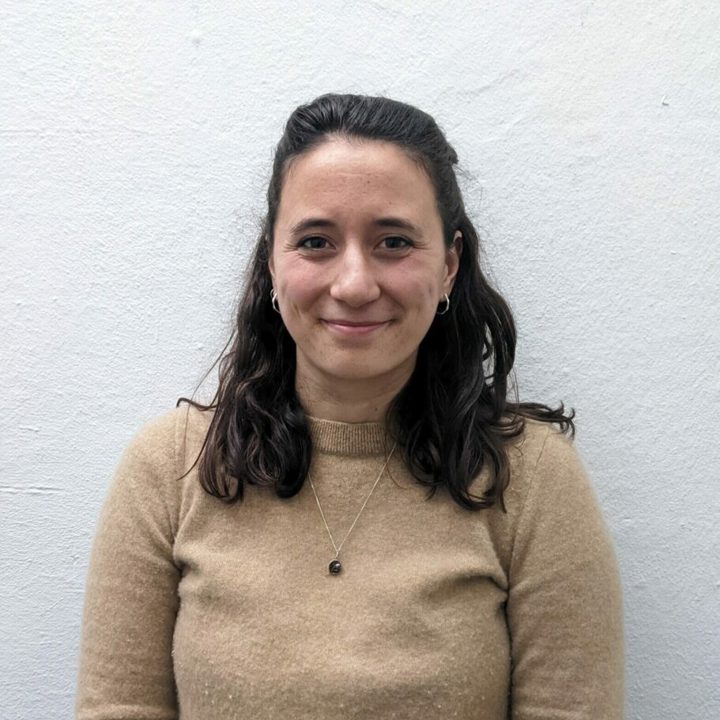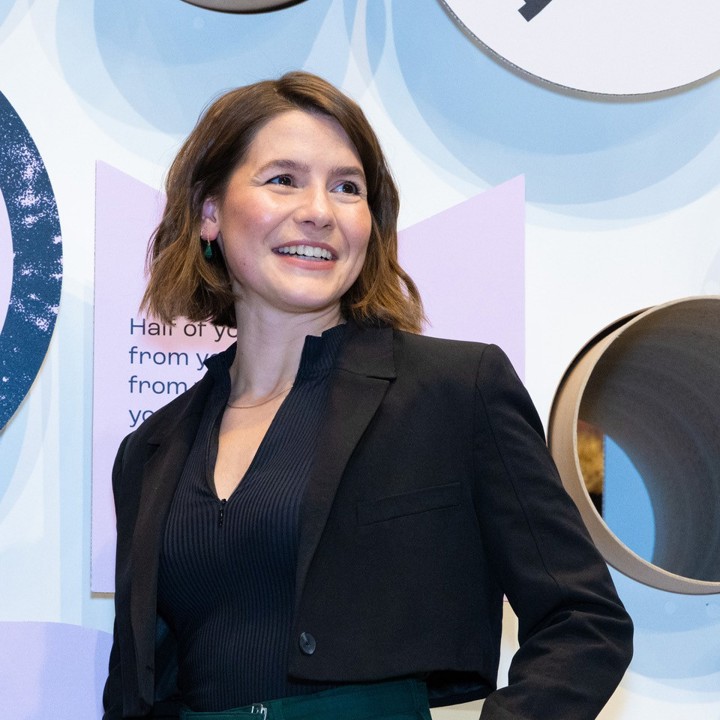Meet the judges
6 members
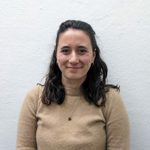
Dr Annie Howitt
Dr Annie Howitt
Annie completed her PhD in the biology of pancreatic cancer initiation at the University of Cambridge, where she started to explore science communication and public engagement. After taking part in science festivals, making Youtube videos and running a programme of science art workshops in local schools alongside work in the lab, she decided to switch to public engagement full-time.
She joined Sense about Science in 2022, and leads on involving as many people and community groups as possible and ensuring their ethos of public led, expert fed is at the core of all of their work.
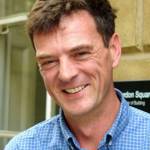
Dr Jean-Baptiste Gouyon
Dr Jean-Baptiste Gouyon

Jean-Baptiste Gouyon is an Associate Professor in Science Communication, in the UCL Department of Science and Technology Studies. He is the founding co-director of the UCL Science Communication MSc, where he teaches on science journalism. His research is about the history of science communication. He is the author of BBC Wildlife Documentaries in the Age of Attenborough (Palgrave 2019). He is a Leverhulme Research Fellow (2023-24), for a project looking at the joint history of wildlife conservation and wildlife filmmaking.
He is a member of the Editorial board of the journal Public Understanding of Science. From 2019 to 2021, he was a member of the scientific committee for the international conference Science&You 2021.
Before becoming an academic, Jean-Baptiste was a science journalist in France for a few years.
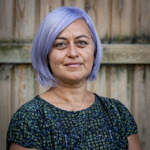
Agnese Abrusci
Agnese Abrusci is a media editor for Nature Journal. With a PhD in experimental physics and a master’s degree in science media production, the art team benefits from her multidisciplinary approach and scientific background. In her role Agnese curates and commissions the visuals of the online and in print journal’s sections. She specialises in new visually led formats with a focus on immersive pages for long-form articles. She collaborates closely with colleagues on the photo desk and across the art and other editorial teams to elevate the role of visuals in the journal. She has recently helped launch the Instagram channel for the digital magazine Nature Italy.
Previously she worked as Communications and Business Development Manager at the Quantum Science and Technology Institute at University College London where she produced visually rich dispatches for the Institute website and its social channels, multimedia package for the press, and organised outreach and industry events.
Photo Credit: Roberto Mecca
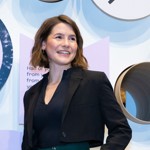
Dr Güneş Taylor
Dr Güneş Taylor
Dr Güneş Taylor is a Chancellor’s Fellow in the Centre of Reproductive Health at the University of Edinburgh. As a molecular biologist she uses many cutting-edge technologies to understand how reproductive systems are built. Her research program focusses on unravelling details of ovarian follicle activation, with the ultimate hope of developing solutions for women’s health and fertility.
Güneş is a highly experienced public speaker, regularly appearing at public venues discussing future technologies and sex differences with household names. Her efforts in science communication were recognised with the inaugural Francis Crick Institute Science Communication award in 2018. Over the last ten years, she has been interviewed for numerous articles and podcasts and judged many science communication competitions.
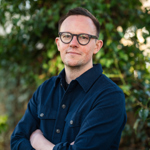
Tom Ireland
Tom Ireland

Tom Ireland is an award-winning science journalist and magazine editor. He edits The Biologist, the magazine of the Royal Society of Biology, and has written science stories for outlets including BBC News, New Scientist and the Observer. Tom speaks to and interviews hundreds of scientists a year, helping different readerships understand the wonder of nature and the power of science. Last year his first book, The Good Virus, was named as a book of the year by both The Times and Waterstones.
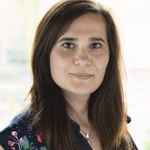
Dr Margarida Sardo
Dr Margarida Sardo

Dr Margarida Sardo is a Senior Research Fellow in the Science Communication Unit at the University of the West of England, Bristol. She develops engagement and communication projects while working in collaborative projects with academic and research staff. She also teaches and supervises MSc students.
Margarida has a first degree in Biology and a PhD in Environmental Toxicology and in 2009 she moved into science communication. Her postdoctoral research was an in-depth public engagement project involving a thorough investigation of best practice in science communication within informal venues. A trained scientist with extensive experience in evaluating and delivering science communication projects, Margarida has led several large project evaluations, developing monitoring and evaluation kits and working with partners across Europe to implement those tools. Her research interests include citizen science, evaluation methodologies, informal learning and exploring generic venues in science communication.

